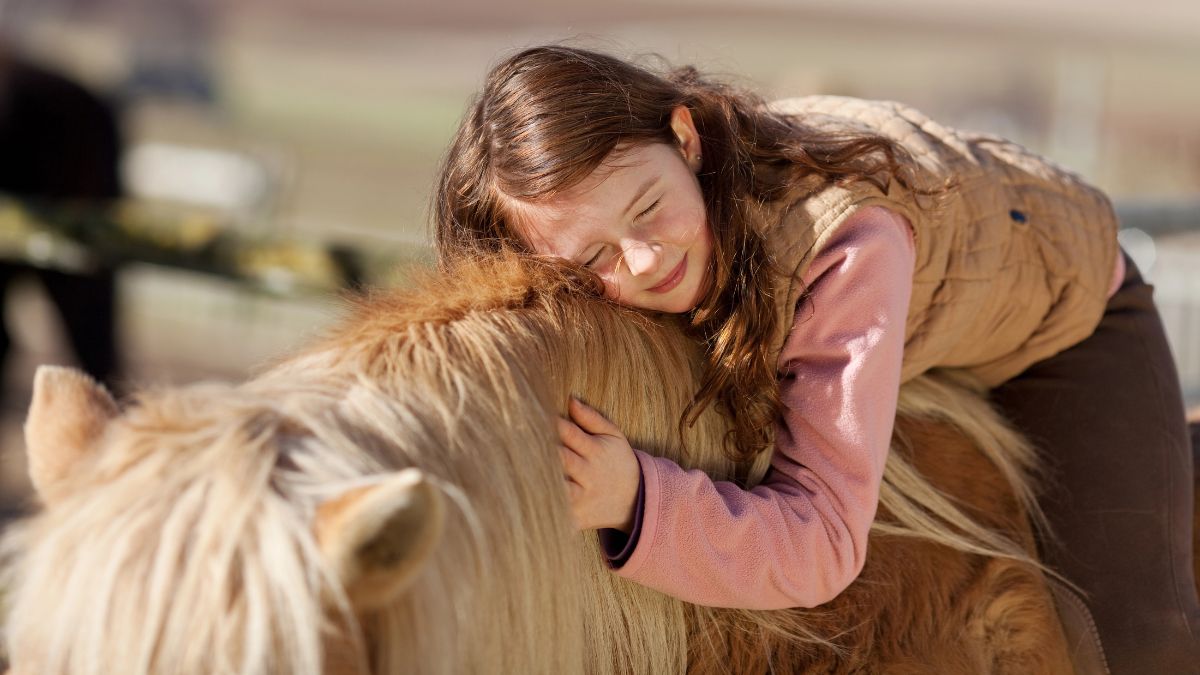14 Reasons Why Teaching Kids About Responsible Animal Care Matters
Teaching kids about responsible animal care is more than just feeding a pet; it’s about developing compassion, respect, and responsibility. When children learn to care for animals, they also learn valuable life skills that help them grow into kind, mindful adults.
Understanding proper care teaches them to be gentle and considerate whether they have a pet at home or interact with animals in their community. These lessons can shape how they see the world, helping them form meaningful connections with animals and people.
Encourages Compassion and Empathy
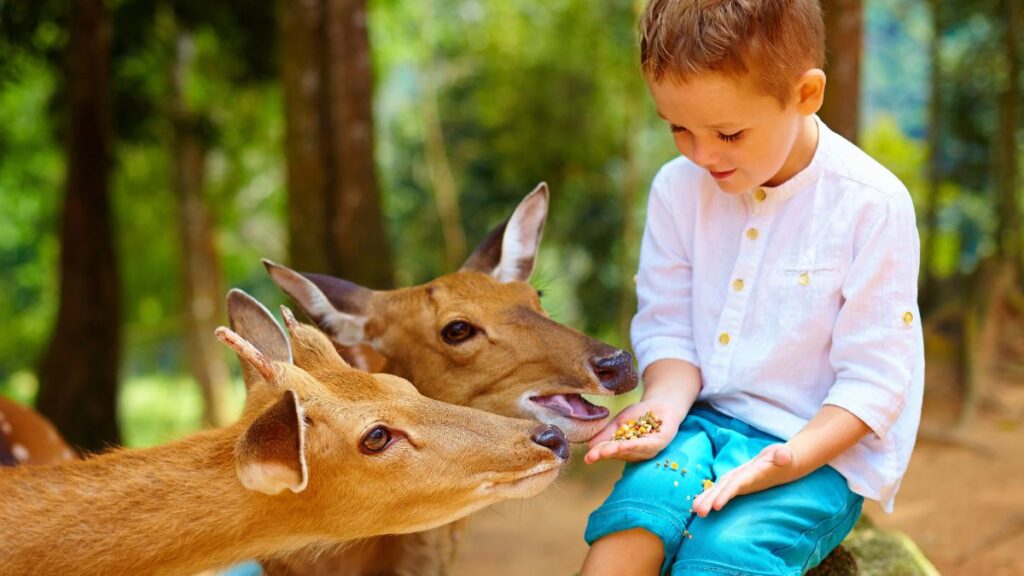
When children learn to care for animals, they develop a sense of empathy that extends beyond pets. They begin to understand that animals, like people, have needs, feelings, and personalities.
This experience teaches them to be kind and considerate in their interactions with animals and humans. Developing compassion early on helps children grow into caring, responsible adults.
Teaches Responsibility and Commitment
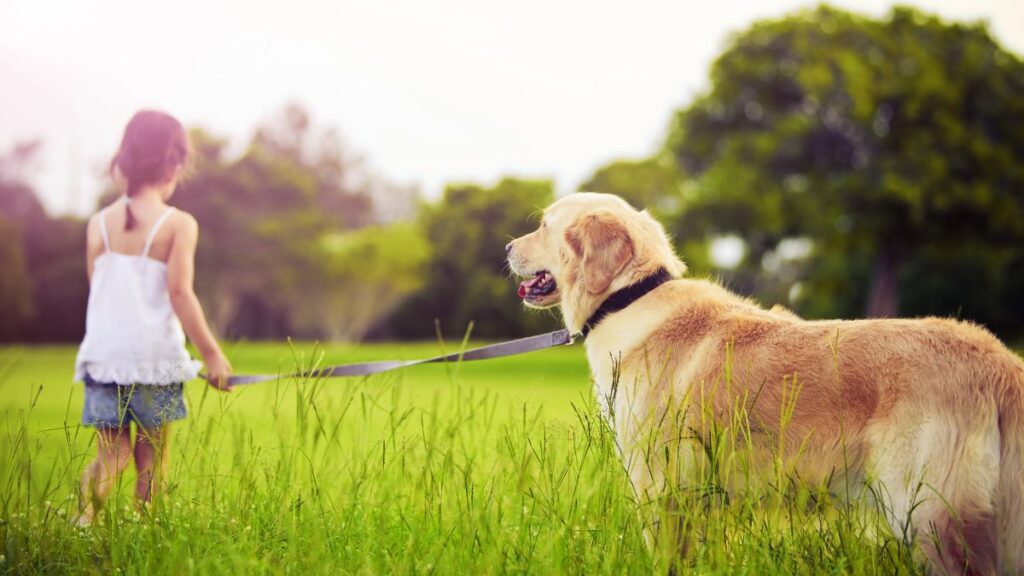
Caring for an animal is an excellent way for kids to understand the importance of responsibility. Whether feeding, grooming, or ensuring a pet gets enough exercise, kids learn that animals depend on them for their well-being.
These daily tasks teach them commitment and accountability, skills that will benefit them throughout life. Understanding the long-term responsibility of pet ownership also helps prevent impulse decisions about getting a pet.
Develops Patience and Understanding
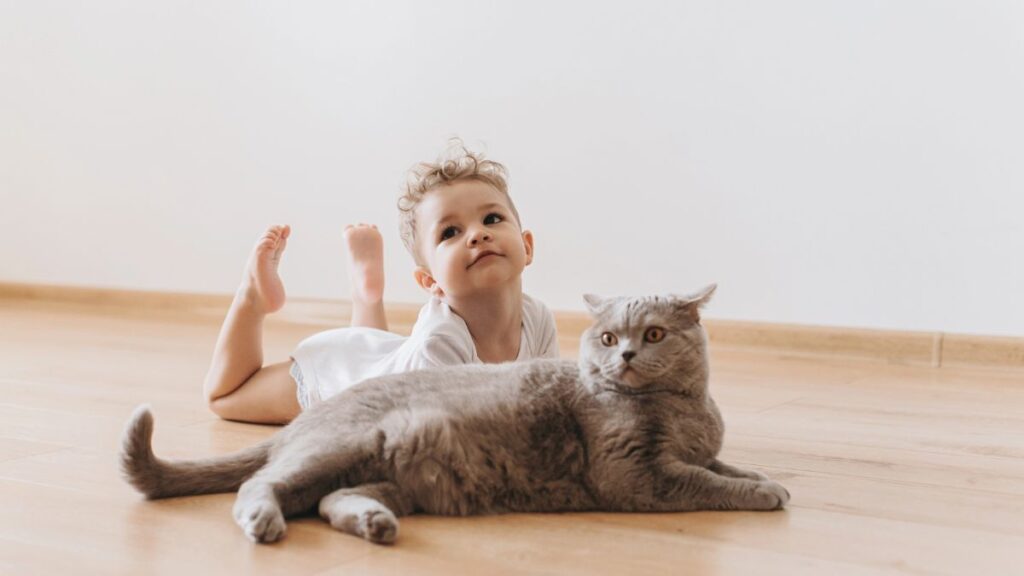
Animals don’t always respond right away, and that’s an important lesson for kids to learn. Whether training a dog, waiting for a cat to warm up to them, or helping a pet adjust to a new routine, they develop patience.
Working with an animal’s pace helps kids become more understanding and adaptable. This patience will serve them well in relationships and other aspects of life.
Promotes Healthy Boundaries and Respect
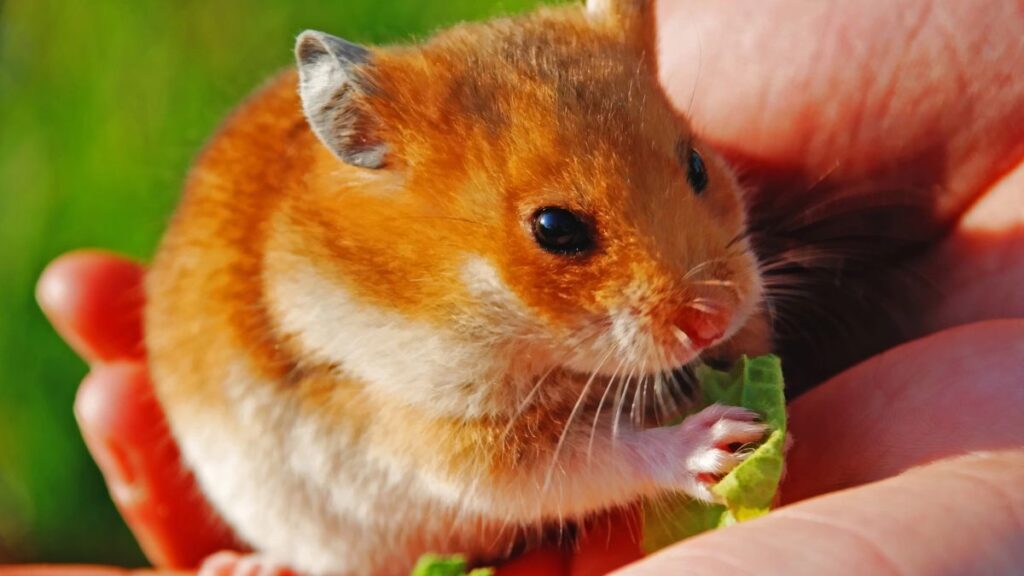
Teaching children how to interact with animals appropriately helps them understand boundaries. They learn when it’s okay to approach an animal, how to read body language, and why personal space matters.
This not only keeps kids safe but also helps them respect both animals and people. Understanding boundaries early on fosters healthier interactions in all areas of life.
Encourages an Active Lifestyle
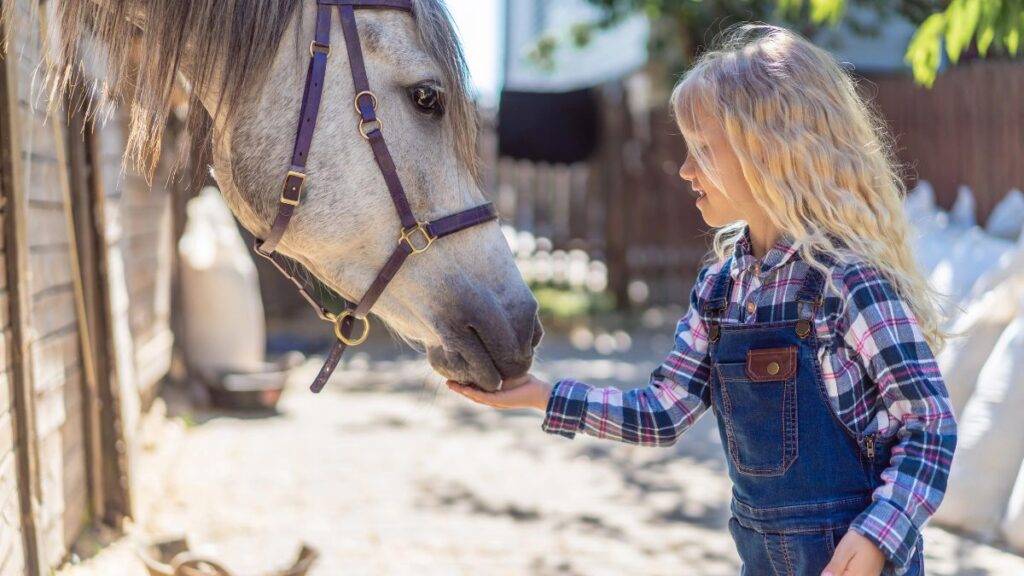
Many pets, especially dogs, require exercise, naturally encouraging kids to stay active. Walking a dog, playing fetch, or even caring for a horse involves movement that benefits both the child and the animal.
These activities promote outdoor play, reduce screen time, and instill an active habit. Kids who take care of pets are more likely to develop a love for movement and fresh air.
Supports Emotional Well-Being
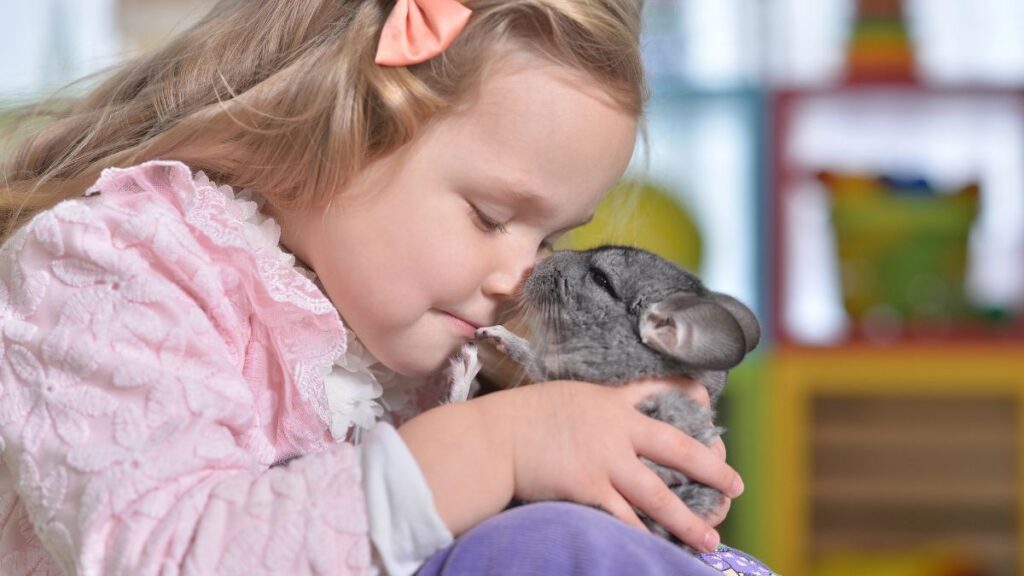
Animals provide comfort and emotional support, making them wonderful companions for children. Studies show that interacting with pets can reduce stress and anxiety, helping kids healthily manage their emotions.
Teaching children to care for animals creates a sense of security and companionship. This bond can be especially helpful for kids facing challenges like bullying, anxiety, or significant life changes.
Teaches the Importance of Routine
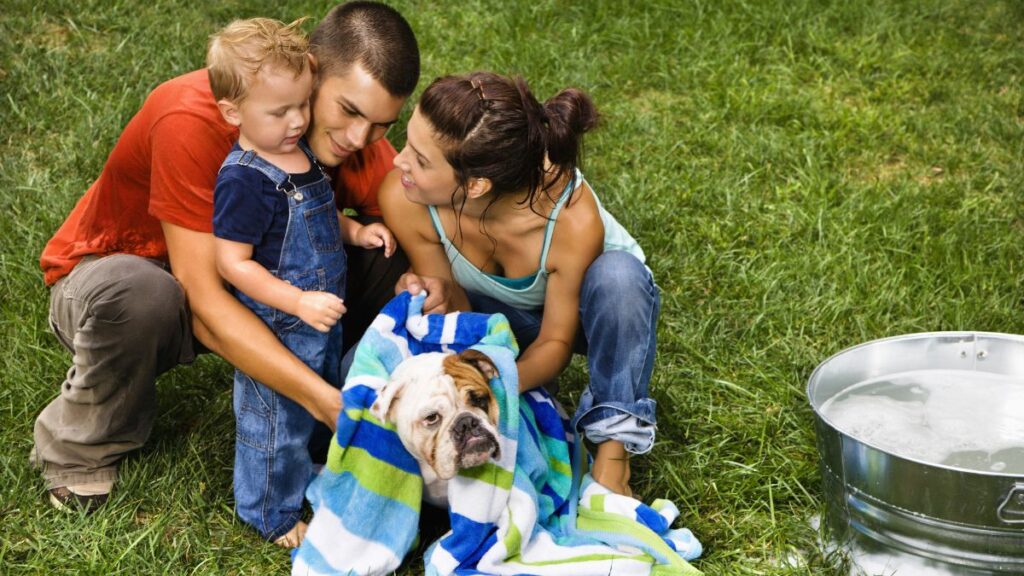
Pets thrive on routine, and caring for them helps kids understand the importance of daily structure. Feeding, grooming, and exercising a pet at set times teaches kids how to manage time and stick to a schedule.
These small, everyday tasks create a sense of stability and discipline. Maintaining a routine early on helps kids become more organized and responsible.
Inspires Interest in Nature and Wildlife
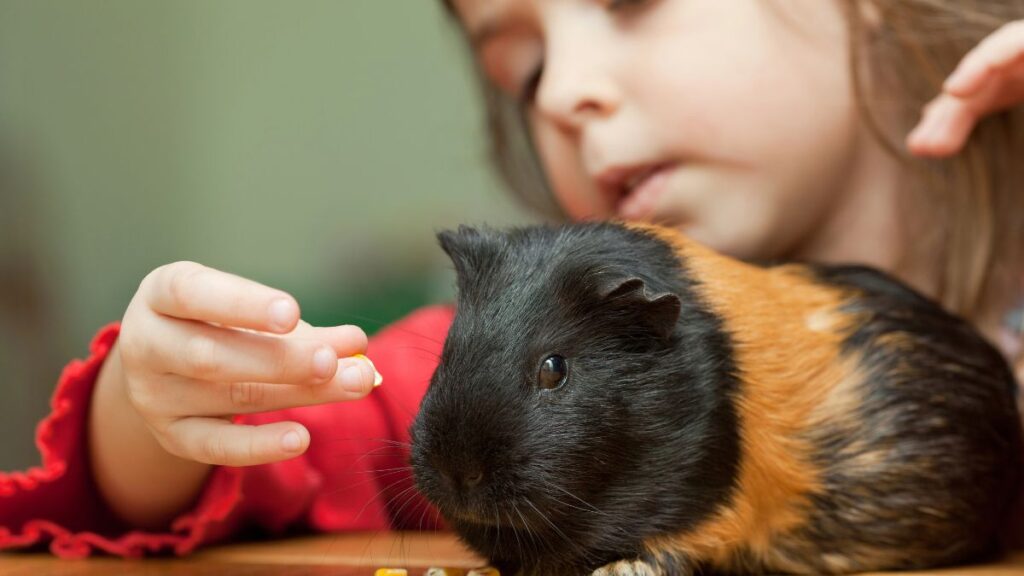
Caring for a pet often sparks curiosity about the animal world. Kids may ask questions about species, habitats, and how animals survive in the wild. This curiosity can lead to a greater appreciation for nature, conservation, and environmental responsibility. Encouraging a connection with animals helps kids develop respect for the world around them.
Improves Social Skills and Communication
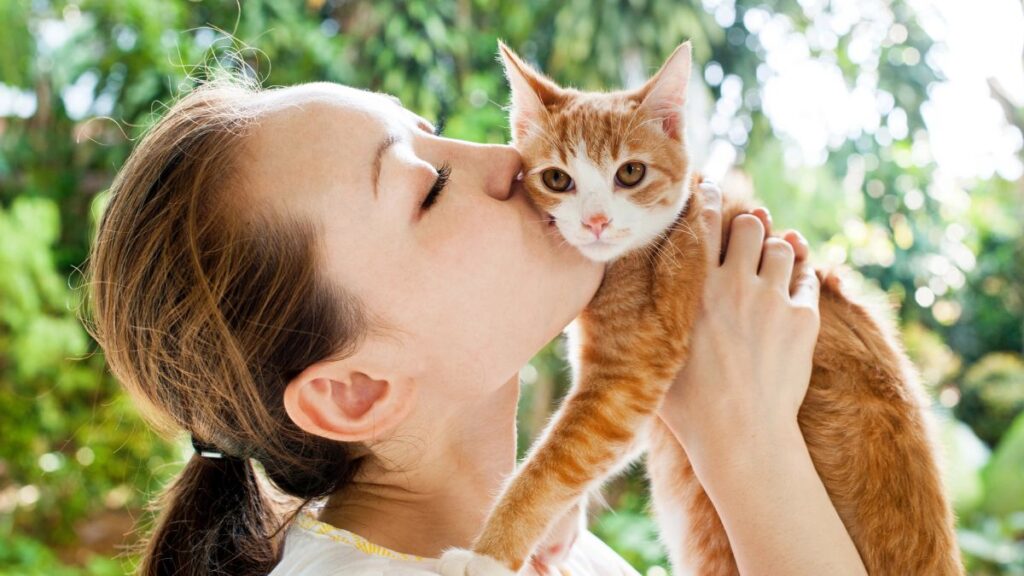
Pets provide children with an opportunity to develop strong communication skills. Kids become more confident communicators when they learn to give commands, understand body language, or talk to others about their pets.
Taking care of animals can also help shy children feel more comfortable expressing themselves. These skills carry over into friendships and social interactions with people.
Introduces Kids to Animal Welfare and Ethics
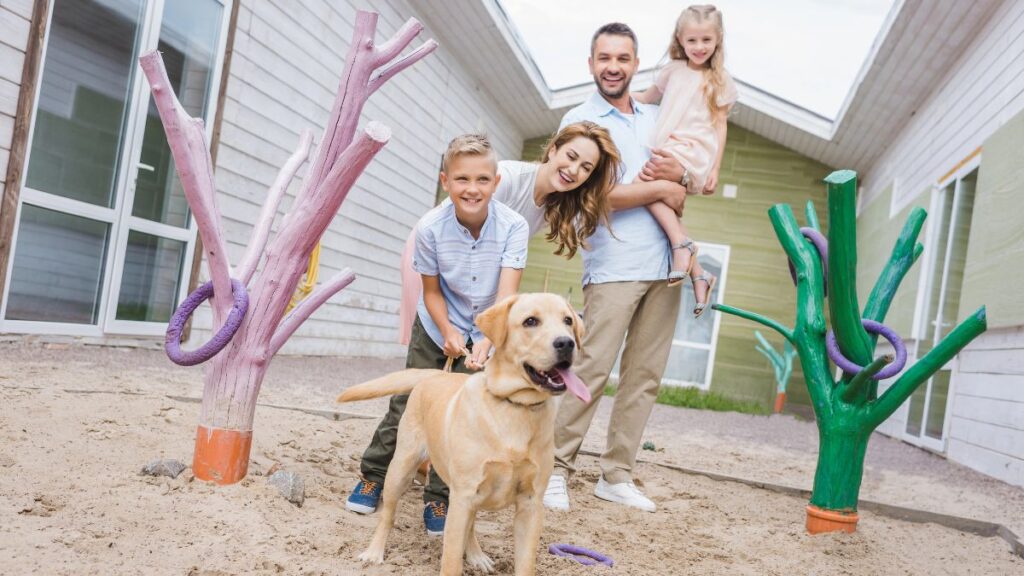
Teaching children about responsible pet care also opens the door to discussions about animal welfare. Kids can learn about shelters, adoption, and the importance of treating all animals with kindness.
Understanding these issues early helps shape their views on ethical treatment and compassion for all living creatures. It’s an essential step in raising socially responsible and caring individuals.
Encourages Teamwork and Family Bonding
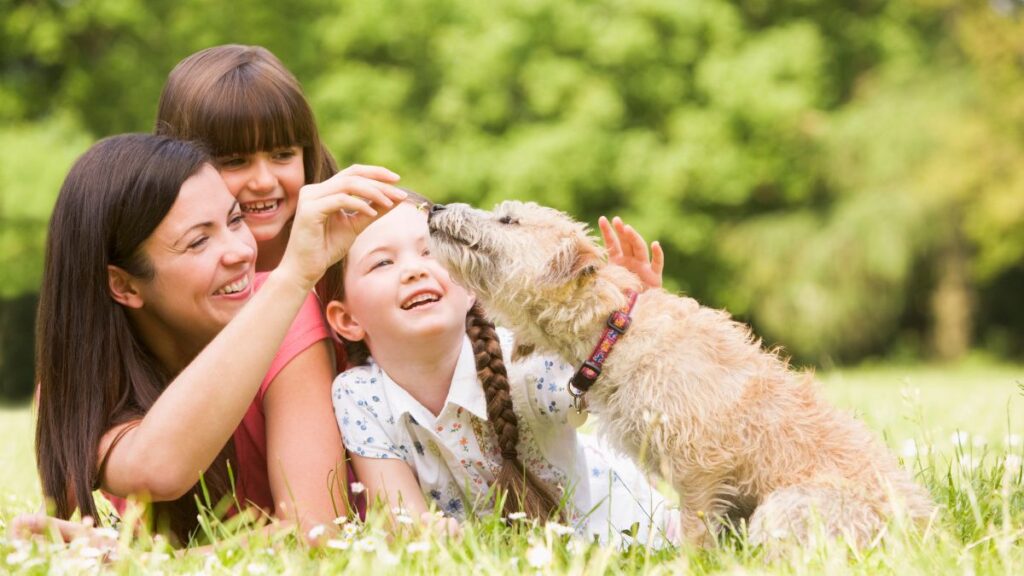
Caring for a pet can be a family effort, helping children learn teamwork and cooperation. When families share responsibilities, kids see firsthand how working together benefits everyone, including the pet.
This shared experience strengthens family bonds and creates lasting memories. Caring for an animal together can also bring a sense of joy and unity to a household.
Teaches Kids About Gratitude and Appreciation

Children who care for pets learn to appreciate the love and companionship that animals provide. They recognize the effort it takes to care for a pet and develop gratitude for the animals in their lives.
This appreciation can extend to other areas, teaching them to be more mindful of the people and things they value. Grateful kids grow up to be more content and compassionate adults.
Helps Kids Understand Life and Loss
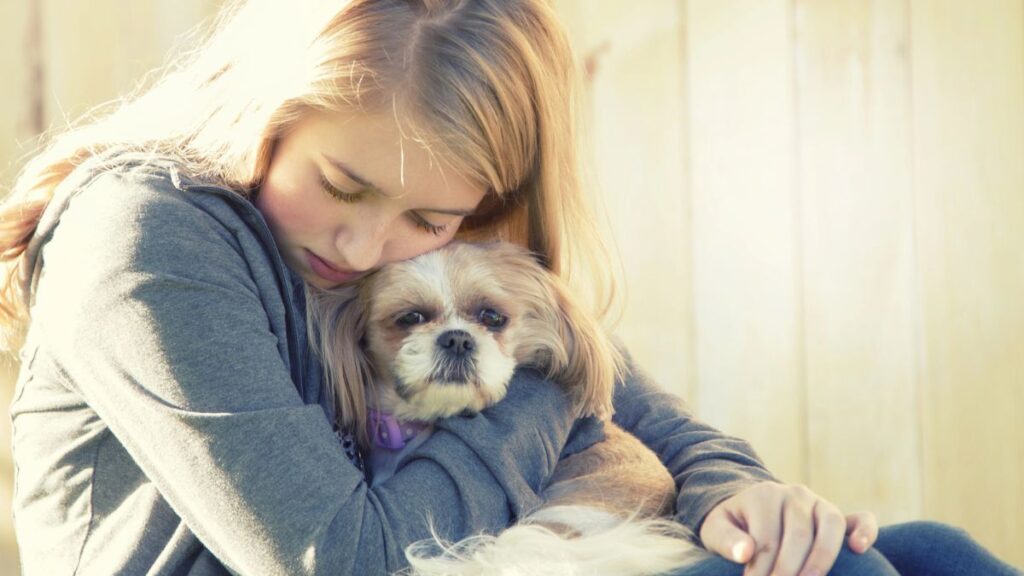
While challenging, pets can teach kids about life’s natural cycles, including aging and loss. Experiencing the care of an aging pet or saying goodbye to a beloved animal helps children understand emotions like grief and love. These experiences can help them healthily process loss and develop emotional resilience. Learning about the full journey of life with a pet provides valuable life lessons.
Encourages Thoughtfulness in Pet Ownership

Not every family has a pet, but understanding responsible animal care helps kids make thoughtful choices in the future. When they grow up, they’ll know to decide if pet ownership is right for them. They’ll also be more aware of the responsibilities of caring for another living being. Teaching kids about animal care ensures they approach pet ownership with understanding and commitment.
Instills a Lifelong Love for Animals
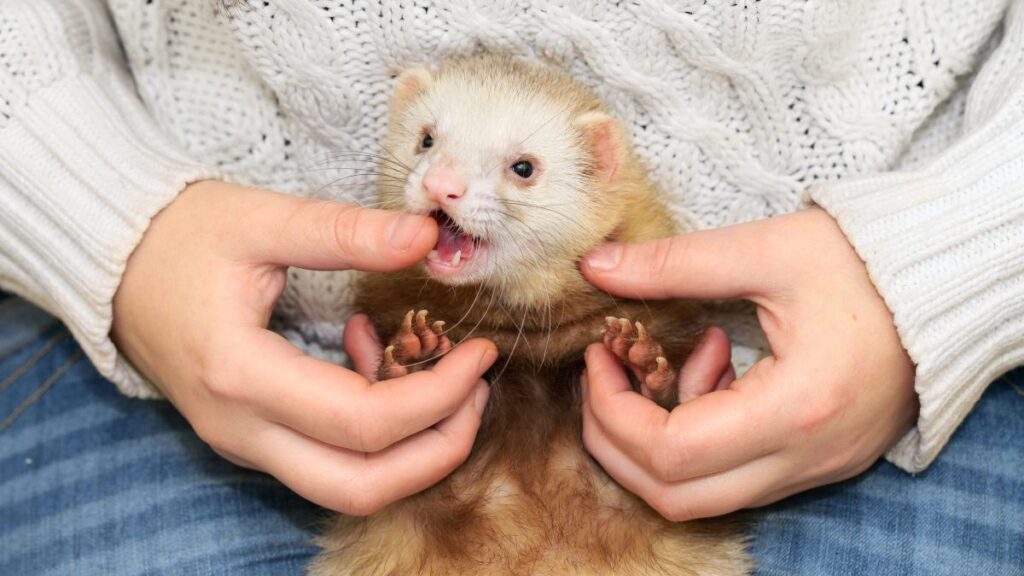
Perhaps the most rewarding part of teaching kids about responsible animal care is the lifelong love for animals it creates. Kids who learn to care for pets often grow into adults who respect and appreciate animals in all forms.
Whether they become pet owners, wildlife advocates, or simply kind-hearted people, these lessons shape them for life. A strong bond with animals creates a more profound sense of connection to the world.
The Lasting Impact of Responsible Animal Care

Teaching kids about animal care is more than just fun; it invests in their character and future. Children learn valuable life lessons beyond pet ownership by developing compassion, responsibility, and patience.
These skills help them grow into kind, empathetic individuals who understand the importance of caring for others. Whether they own a pet or not, these lessons will stay with them for life, shaping how they interact with the world.

